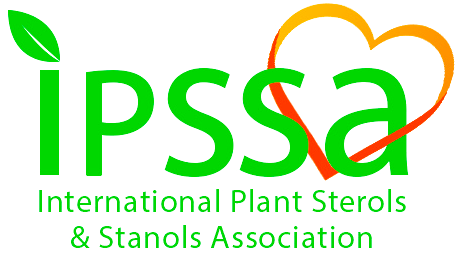Healthcare cost savings of phytosterol food supplements in the European Union
In order to understand better the potential value of supplementation to society, Food Supplements Europe (FSE) has commissioned economic consultants of Frost & Sullivan to evaluate the potential healthcare cost savings that could be derived from supplement intake in the European Union. This newly published report, entitled “Healthcare Cost Savings of Phytosterol Food Supplements in the European Union. Economic Implication of Managing Cardiovascular Disease with Phytosterol Food Supplements with Demonstrated LDL-cholesterol Reduction Capabilities” addresses the health care cost savings of phytosterols (comprising plant sterols and stanols).
The report addresses in a form of a case study the possible direct economic benefits from the daily use of phytosterols added to food sources or as food supplements. As target group, individuals at the highest risk of developing CVD, i.e. people with severe hypercholesterolemia were chosen.
- 1 million people over 55 years in the EU have severe hypercholesterolemia defined as a total cholesterol of >6.2 mmol/L. They have an expected 24.3% risk of experiencing a CVD-attributed hospital event.
- Consumption of 1.7 g/day of phytosterols (in the form of a food supplement), is expected to reduce LDL-cholesterol by about 0.37 mmol/L among severe hyper-cholesterolemic adults aged 55 years and older.
- Assuming an optimal daily phytosterol intake of 2 g (defined as 0.3 g coming from the habitual diet plus 1.7 g from taking a food supplement), this would translate into an absolute risk reduction of experiencing a CVD attributed hospital event of 2.3%.
- In numbers, this relates to 170,542 possible CVD-attributed hospital events that could be avoided throughout the EU per year.
- Estimated risk reduction benefits from using phytosterols vary between EU countries, based on the observed CVD-attributed event rates of each country.
- Total health care cost savings of 26.5 billion Euro could be achieved in the EU over 5 years through regular use of 1.7 g/d of PS from supplements by the target population. This is equivalent to 5.3 billion Euro of avoidable costs per year.
- The total net benefit (taking the cost for phytosterol supplements into account) for the entire EU target population (all adults 55 years and older with severe hypercholesterolemia) is 4.09 billion Euro per year.
- The benefits per potential user (all adults 55 years and older with severe hypercholesterolemia) of avoiding CVD-attributed costs are expected to be ca. 170 Euro per user per year for the EU as a whole.
This new report describes that significant health care cost savings can be realised through a concerted effort to identify high CVD risk populations in Europe (i.e. adults 55 years and older with severe hypercholesterolemia) and to encourage them to use phytosterol food supplements as a means to help minimise their risk of CVD. Therefore, this latest health care cost savings assessment adds to the available evidence based on previous assessments of this kind making the case that phytosterol use is a cost-effective strategy.
FSE have also published an infographic summarizing the key messages of the report that you can view and download here

